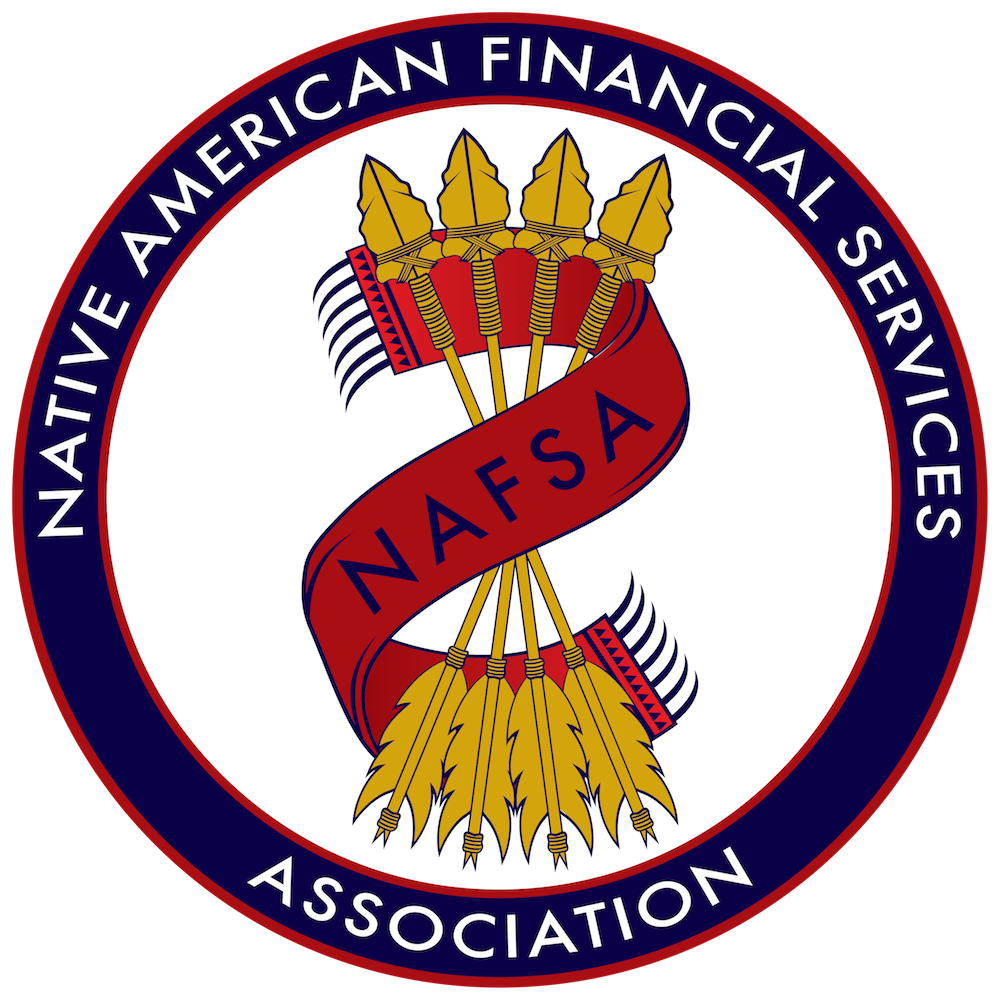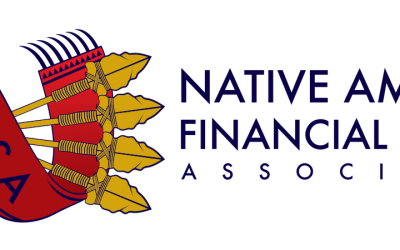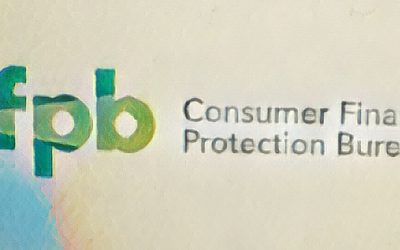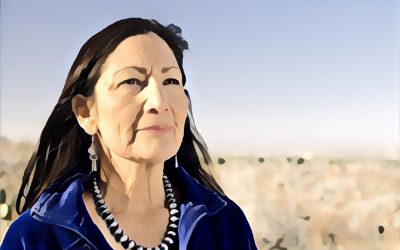The Latest Financial News
NAFSA Promotes Mika Leonard to Chief Operating Officer
Mika Leonard has been promoted to the role of Chief Operations Officer (COO) for the Native American Financial Services Association (NAFSA). Leonard joined the organization in April as Director of Business Development, after serving as the Assistant Vice...
Leandra English Steps Down From CFPB
Leandra English, who had been engaged in a legal battle to challenge acting director Mick Mulvaney for control of the agency, announced on Friday that she is resigning from the agency and ending her legal fight. “I will be stepping down from my position at...
Number of Native American Candidates Running for Office in 2018 Hits a New High
This year, according to a story on NPR, candidates for elected office include a record number of women among a record number of Native Americans. This includes Deb Haaland, who is running for Congress in New Mexico and who would become the first Native...
Why NAFSA?
There are more than 570 federally-recognized tribes in the United States, many of whom are spread across in diverse areas. This has left a need for other tribal economic development opportunities to create sustainability and jobs on Native American reservations.
Tribal Financial Services:
![]() Create jobs & economic development on tribal lands
Create jobs & economic development on tribal lands
![]() Increase the financial independence of tribes
Increase the financial independence of tribes
![]() Deploy sovereignty & bolster tribal self-determination
Deploy sovereignty & bolster tribal self-determination

The Impact of Tribal Financial Services
Coming from a history of staggering unemployment rates, limited opportunities, and lack of access to fundamental resources, Native American tribes began online lending businesses to create real change for the future. Internet commerce has been a vehicle for supporting economic growth, tribal services, and tribal development. These are their stories.
Our Mission
To advocate for tribal sovereignty, promote responsible financial services, and provide better economic opportunity in Indian Country for the benefit of tribal communities.




